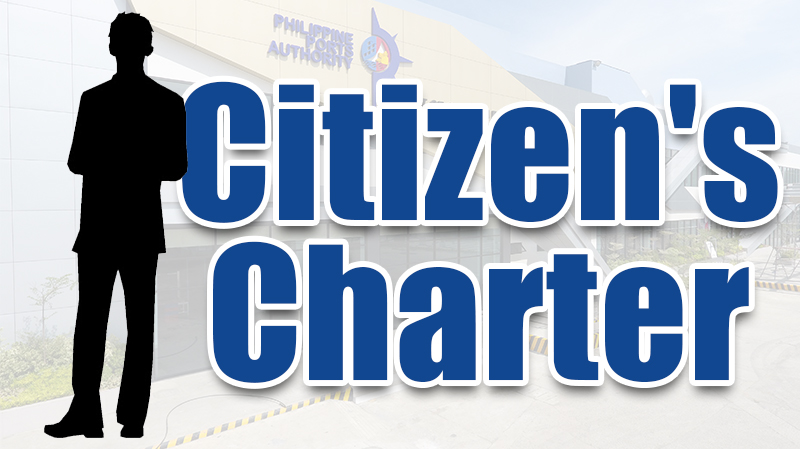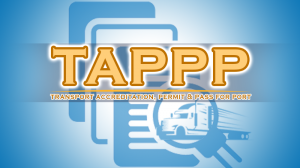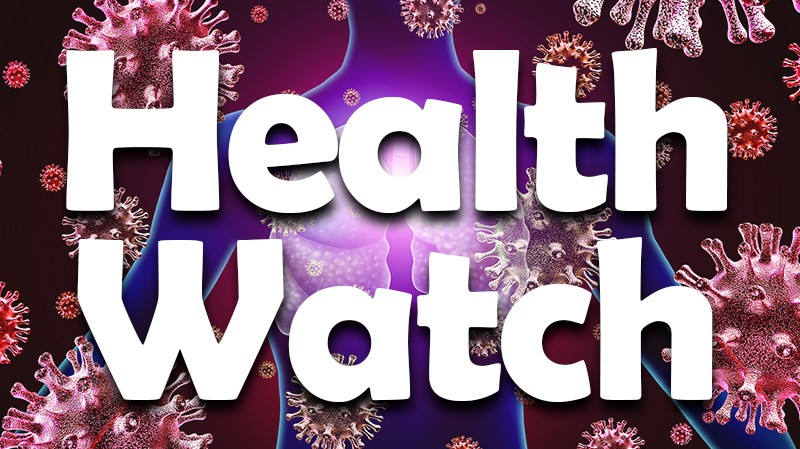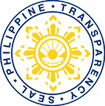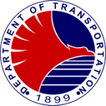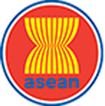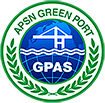
The Port Management Office of Misamis Oriental/Cagayan de Oro represented by the Port Services Division Manager Ruby Gumapon and Environmental Specialist Core D. Suan, attended the virtual media launch for the World Wide Fund Baseline Study on Port Waste Management in the Philippines held last 28 January 2022, via Zoom.
The results of the study were presented during the virtual event. Wastes were categorized into three groups: vessel-generated waste, port-generated waste, and community-generated waste (communities within and adjacent to the port). Three ports were chosen to participate in this study because of their potential and the interests of their stakeholders: Manila North Harbor, the Port of Batangas, and the Port of Cagayan de Oro. Wastes from these ports were collected and recorded based on the three categories. It was discovered that the most generated waste was plastic.
WWF Philippines started the “No Plastics in Nature” initiative under their #AyokoNgPlastik movement, which aims to stop the flow of plastic waste in nature by 2030. In line with this, recommendations were made in partnership with the Philippine Ports Authority to ensure the prevention of plastic waste from leaking into the ocean. Some of these recommendations were: use of proper and updated tools for segregation of waste; stricter implementation of policies and programs; and proper and full documentation of waste segregation and collection, among others.
During the event, WWF Philippines Executive Director Katherine Custodio delivered her welcoming message for invited guests from their partner in this baseline study, The Greig Foundation, representatives from the Philippine Ports Authority, Philippine Coast Guard, and other agencies that advocate for environmental health and awareness. She mentioned the importance of this study and how the ports perform an important role in waste management. The Project Manager for WWF Philippines, Czarina Constantino, stated that the objective of this study was to identify and test out solutions for managing port generated waste and adapt it to the local ports.
As of today, the PMO MO/C has already implemented programs and policies that are in line with the study’s recommendations, such as the proper documentation of the utilization of shore reception facilities in ports under its jurisdiction and contributing to the ongoing drafting of the PPA Environmental Code, among others. –BCAcedera

